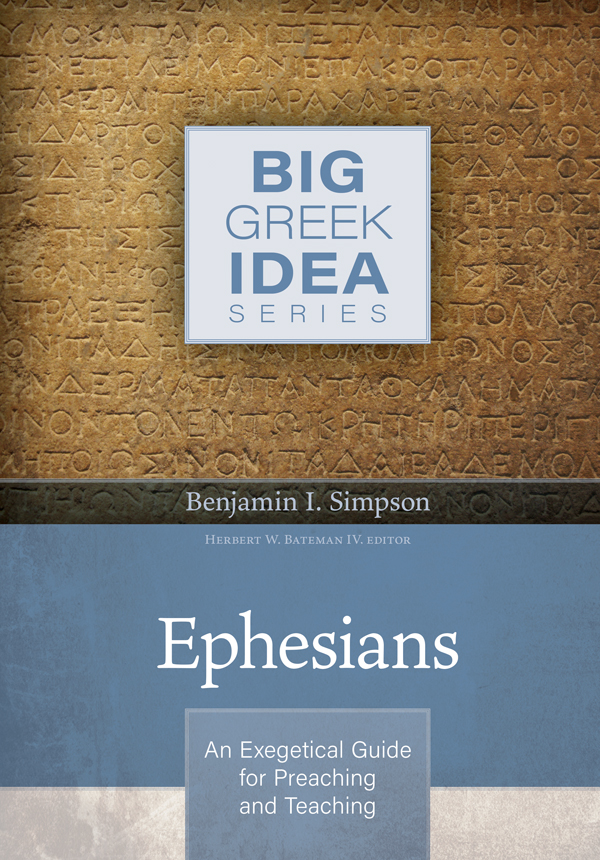Wow. It’s been awhile since I last visited this project. I’m quite scared to look back at the prior entries I’ve written, knowing how much learning and growing has happened since the first one. Still, we keep going.
In Summary:
Today we examine 1 Thessalonians 5, the closing chapter of this epistle of the Apostle Paul. It’s an epistle, so that means it’s a letter but we give it a fancy name. As the closing of any letter would have, Paul finishes his thoughts from earlier and then says goodbye.
Of course, Paul’s a preacher. So it takes a chapter to wrap up and a paragraph or two to say goodbye. That’s how we all are, even the introverts.
1 Thessalonians 4 has talked some about the return of Jesus and tried to prepare the church for those times which are yet to come, and the thought continues at the beginning of this chapter. Here, we see the instruction that the church is to stay awake and be self-controlled, following Jesus.
We get an interesting comment at the beginning of the chapter, though, where the church is told that “you do not need anything to be written to you.” Why would that be? It’s important for us to remember that Paul’s letters were not the only way in which he taught. Most of his writings go to churches that he has been with personally and further are being sent with people who have traveled with and spent time with Paul. Some matters do not need writings because they were covered face-to-face! He simply calls to mind the prior teaching they had received.
(Much to our chagrin, true?)
The next paragraph reads like the bullet points of reminders that a professor might spout at a student group right before the test: it’s short, punchy, and easy to remember. It also lacks details—why “Do not treat prophecies with contempt” (5:20)? What are “prophecies” in this case? What was covered in sermons that we just don’t get today? There are questions here that require thought and humility.
In Focus:
Let us put the focus, though, on the conclusion: 1 Thessalonians 5:28 gives us “The grace of our Lord Jesus Christ be with you.” What can we draw here?
First, our shared relationship with Jesus: Paul does not speak of “his” Lord or to the church of “their” Lord, but of “our” Lord. That matters—while we should not hinge doctrine entirely on a pronoun, there is a useful reminder here that preachers, teachers, apostles, missionaries, churches all share the same Lord: Jesus Christ. There is no division, not through distance nor through work in the Kingdom.
Second, our continued need for grace. Sometimes, our traditions put the whole emphasis of grace onto the moment of conversion, but the letter is to the church, to those who have been converted. There is grace for the past, grace for the future, and even grace for right now.
In Practice:
Practically, then, we ought to seek unity: there are many parts of the body of Christ but only one Lord. One source of grace. And we can, through our actions and inactions, push away from Him and His grace for our current needs. Paul gives us the keys to holding true, though: prayer and fellowship. Prayer for others, fellowship with our family of faith, and trust in Jesus.
And then, as we contemplate the return of the Lord, we should remember Paul’s points of emphasis: that we live for the Lord, that we live like it is day and work like it is day. It may be our calling to work through the whole of our lives for Jesus, as has been the calling for all the generations before us. Why should we expect Jesus to come back and keep us from having to be faithful through our death? So strengthen your hands, serve the Lord, and build good relationships with fellow believers that you can encourage and be encouraged by.
In Nerdiness:
This chapter gives us some good moments to contemplate what it means to work on the inter-cultural understanding of Scripture. First, there is the translation of the Greek word that is most commonly rendered as “brothers.” That word (adelphoi, roughly) can be used to indicate both a group of men and a mixed group of men and women. Gendered languages work like that—usually informed by male dominance, mixed groups take the masculine form of the word.
So what do we do with that word in Scripture, like 1 Thessalonians 5:25-27? Some translations go with the literal translation: “Brothers.” Some interpret the idea: “fellow believers” or “believers.” Some interpret the idea with the family view: “brothers and sisters.” Which one is right?
Good question. Most of us would agree that even translating as “brothers” should not be seen to exclude women—and if you disagree we have much deeper issues—so we would still update our idea. Why not render it that way into English, since the Greek can be understood to mean something more than just literal brothers?
Second, we see the concept in 5:26 of greeting with “a holy kiss.” Now, we don’t typically smooch one another at church—so what do we do here? Obey literally? Or obey the concept of relational intimacy and vulnerability? It would be easier to adopt the physical, Latin American or Italian “kiss on the cheek” idea than to be relational and vulnerable in modern America…but what’s the real point?


